UK expert: Kosovo independence is illegal act
An international expert on territories under international administration says Kosovo Albanians' UDI is tantamount to illegal secession.
Tuesday, 21.04.2009.
10:43

An international expert on territories under international administration says Kosovo Albanians' UDI is tantamount to illegal secession. “The local Albanians do not have the right to self-determination and Kosovo is not an independent state,” Professor Ralph Wilde said in a statement for Belgrade daily Vecernje Novosti published on Tuesday. UK expert: Kosovo independence is illegal act Wilde is a consultant for a number of governments and international organizations, a member of the Law Faculty of University College London, the University of London, and an Adjunct Professor at Georgetown University Law Center. “Under international law, a new state can be formed out of a part of the territory of an existing state, and its formation and recognition by third states will be legal provided everything is taking place with the approval of the parent state,” Wilde said. “In order for a declaration of independence and any recognition of a state proclaimed in such a way to be legal, a special legal entitlement must be found,” he said. “The Kosovo Albanians do not have the right to self-determination and, consequently, they do not have the right to proclaim a state,” Wilde specified. “Under international law, such developments taking place without the agreement of the two sides involved or without a binding resolution passed by the United Nations Security Council would imply the preservation of Serbia's sovereignty over Kosovo. Kosovo's declaration of independence is tantamount to illegal secession, and that is what happened in this case,” the analyst told the daily. “States that recognize Kosovo as independent are inevitably violating their obligation to respect Serbia’s sovereignty and territorial integrity,” Wilde pointed out. “Recognitions can have a constitutive role, but only if we’re talking about a significant number of states. In the same way, if a significant number of states deny Kosovo the right to statehood, that has a constitutively negative role on the issue of its statehood. That’s why it’s unclear whether Kosovo is a state, even if certain states treat it as such, and which, I’d say, puts them in a position that breaches international law in the section pertaining to obligations towards Serbia,” said the professor. He said that the “main legal criterion for statehood effectively implies the sustainability of a given entity, which means that it has territory, a population and a government, and that it is independent of foreign control,” adding that “Kosovo’s chief problem is that it’s not independent of foreign control. It remains under UN and NATO supervision.” “The problem is that under UN Security Council resolution 1244 and the Peace Plan, it was agreed that such control should be carried out on the basis that Kosovo is a part of Serbia, not an independent state,” said Wilde.
UK expert: Kosovo independence is illegal act
Wilde is a consultant for a number of governments and international organizations, a member of the Law Faculty of University College London, the University of London, and an Adjunct Professor at Georgetown University Law Center.“Under international law, a new state can be formed out of a part of the territory of an existing state, and its formation and recognition by third states will be legal provided everything is taking place with the approval of the parent state,” Wilde said.
“In order for a declaration of independence and any recognition of a state proclaimed in such a way to be legal, a special legal entitlement must be found,” he said.
“The Kosovo Albanians do not have the right to self-determination and, consequently, they do not have the right to proclaim a state,” Wilde specified.
“Under international law, such developments taking place without the agreement of the two sides involved or without a binding resolution passed by the United Nations Security Council would imply the preservation of Serbia's sovereignty over Kosovo. Kosovo's declaration of independence is tantamount to illegal secession, and that is what happened in this case,” the analyst told the daily.
“States that recognize Kosovo as independent are inevitably violating their obligation to respect Serbia’s sovereignty and territorial integrity,” Wilde pointed out.
“Recognitions can have a constitutive role, but only if we’re talking about a significant number of states. In the same way, if a significant number of states deny Kosovo the right to statehood, that has a constitutively negative role on the issue of its statehood. That’s why it’s unclear whether Kosovo is a state, even if certain states treat it as such, and which, I’d say, puts them in a position that breaches international law in the section pertaining to obligations towards Serbia,” said the professor.
He said that the “main legal criterion for statehood effectively implies the sustainability of a given entity, which means that it has territory, a population and a government, and that it is independent of foreign control,” adding that “Kosovo’s chief problem is that it’s not independent of foreign control. It remains under UN and NATO supervision.”
“The problem is that under UN Security Council resolution 1244 and the Peace Plan, it was agreed that such control should be carried out on the basis that Kosovo is a part of Serbia, not an independent state,” said Wilde.






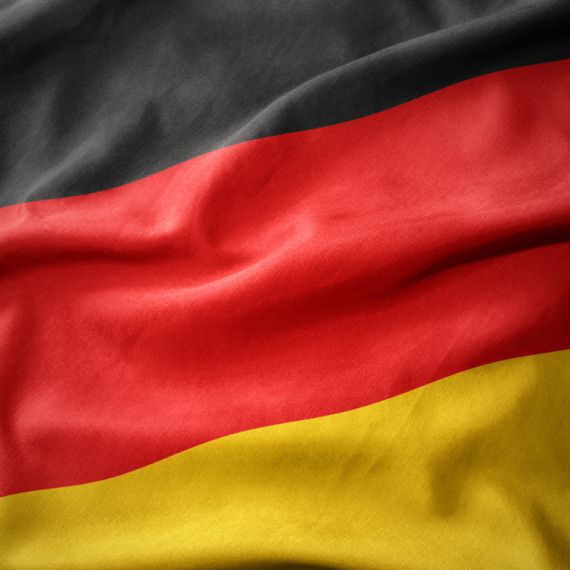





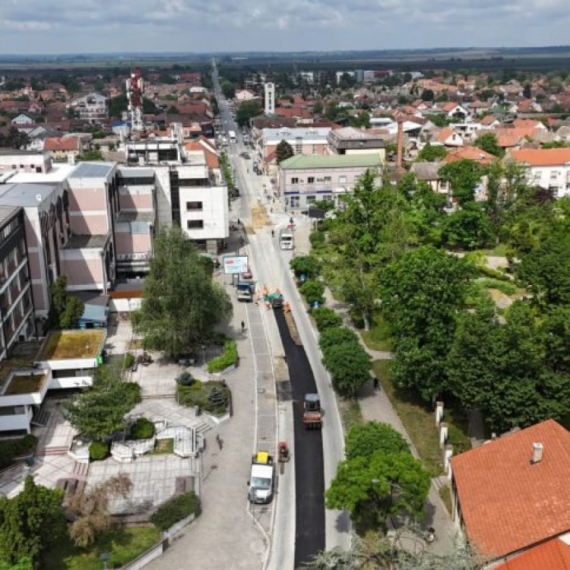
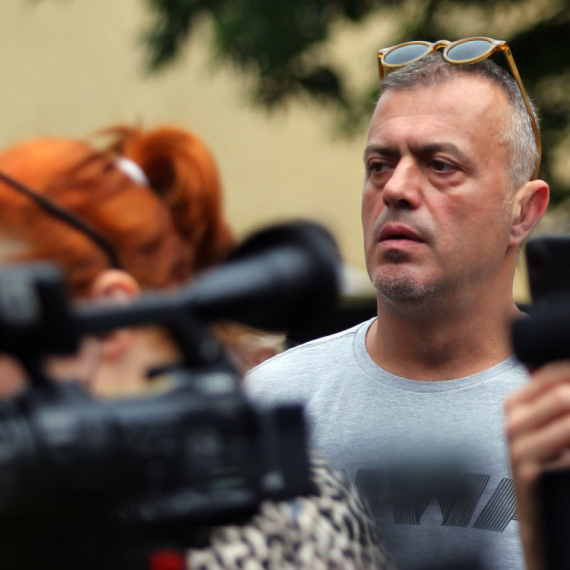
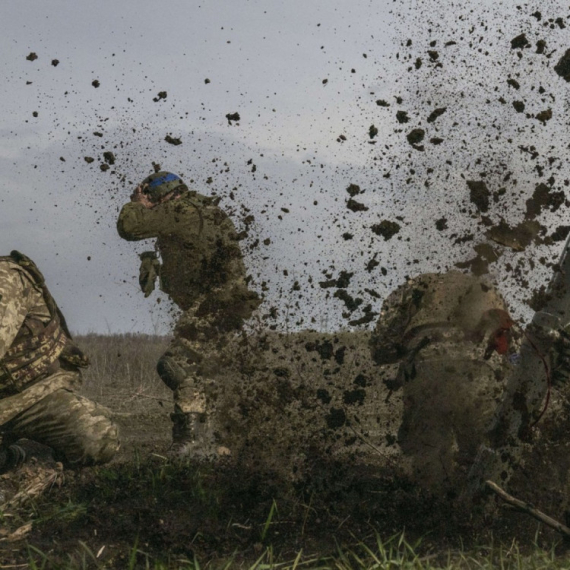
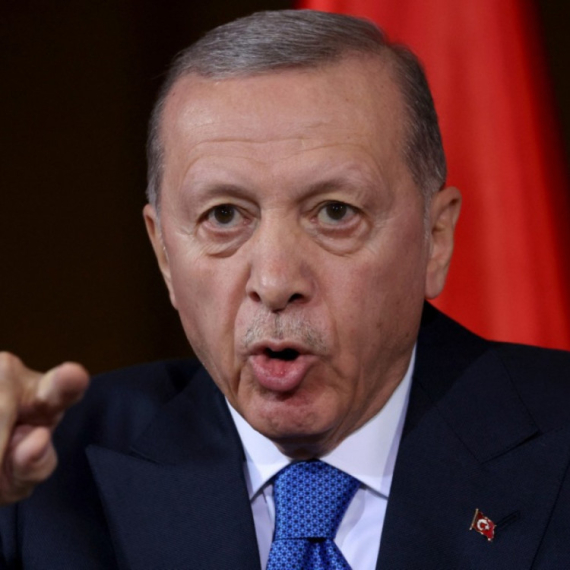




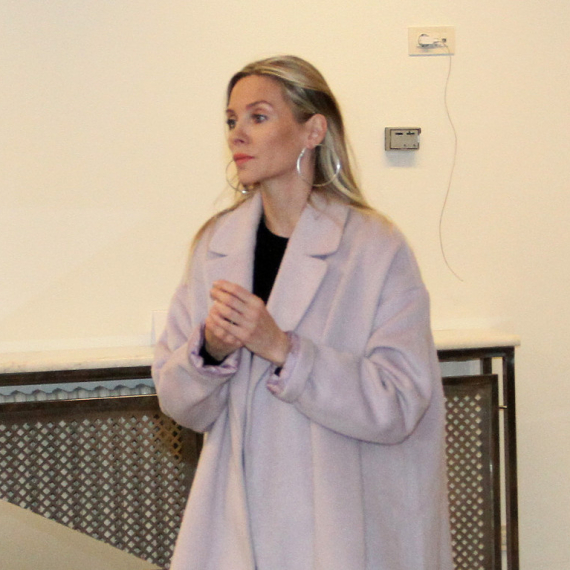
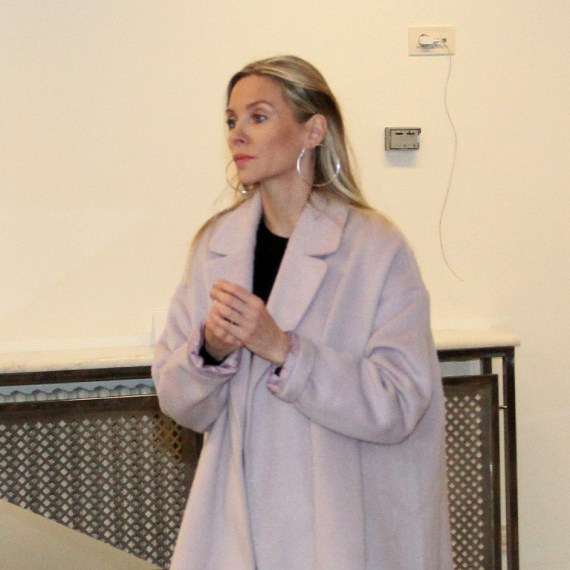






Komentari 69
Pogledaj komentare